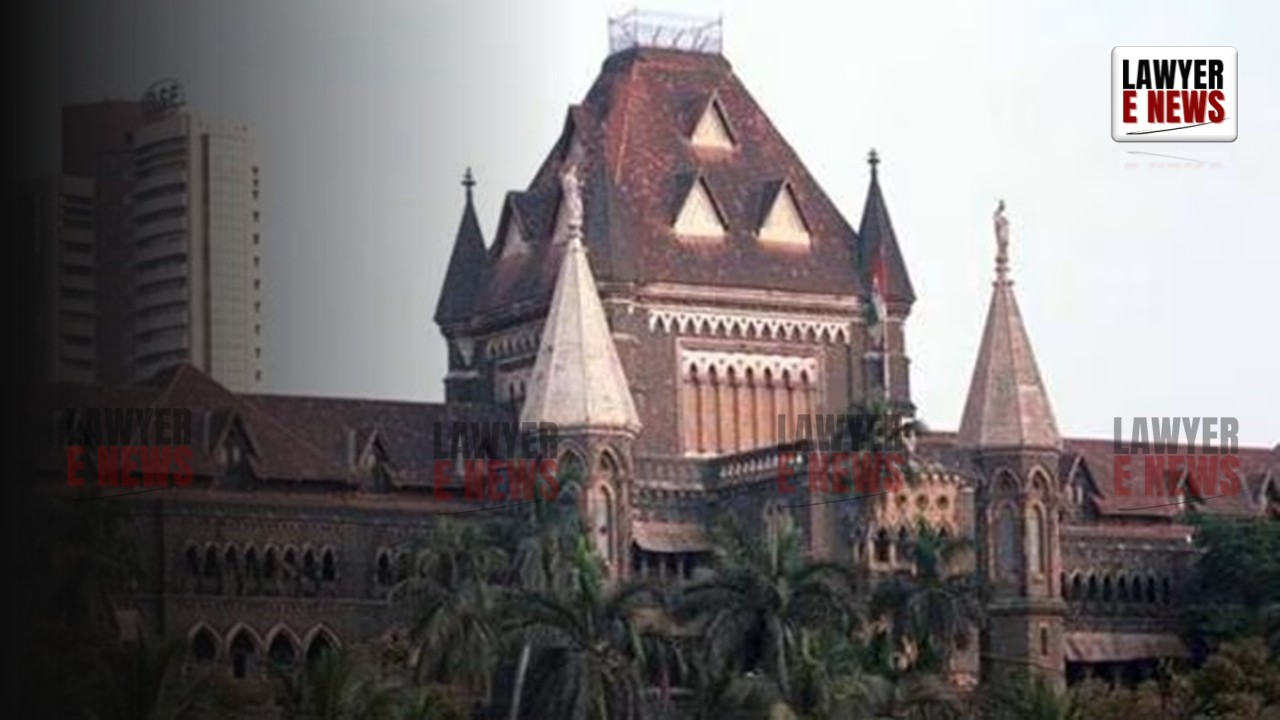-
by Admin
15 February 2026 5:35 AM



The Bombay High Court, with Justice A.S. Chandurkar and Justice Rajesh S. Patil presiding, rendered a judgment in Writ Petition No. 8434 of 2009, filed by Shri Vijaysinh Patwardhan, the Sole Managing Trustee of Shri Ganpati Panchayat Sansthan, Sangli. The petition requested the return of land previously granted by the Sansthan to the Sangli State for use as a public hospital, which has since been relocated.
"Purpose of Appropriation Ceases, Land Reverts to the Sansthan": Court Interprets Section 19(b) of the 1940 Act
The Court emphasized the legal framework of Section 19(b) of the Shri Ganpati Panchayat Sansthan Act, 1940, which allows land granted by the Sansthan for public purposes to revert to the Trust if the original purpose ceases.
“When the present purpose of the appropriation comes to an end, the land must revert to the Sansthan as its property unless the State lawfully acquires it.”
The Court referred to its earlier ruling in Sangli Nagarpalika v. Managing Trustee of Shri Ganpati Panchayat Sansthan (1974), which clarified that the Sansthan retains ownership of the land even during its appropriation for public use.
Pre-Constitutional Laws Are Enforceable: Article 372 of the Constitution
The Court upheld the enforceability of the Shri Ganpati Panchayat Sansthan Act, 1940, as a "law in force" under Article 372 of the Constitution. It ruled that the Act continues to have binding force even after India's independence, reinforcing the rights of the Sansthan to reclaim its land under Section 19(b).
Government’s Argument: “Land Needed for Ancillary Purposes” Rejected
The State of Maharashtra argued that while the hospital had been shifted, the land was still required for ancillary purposes, such as providing housing for hospital staff and future health facilities.
The Court dismissed this contention, noting that:
“The grant was specifically for running a civil hospital. Any ancillary use or new public purpose requires proper acquisition of the land under law.”
The Court also clarified that the Municipal Corporation had no claim to the land, as the original grant was to the Sangli State for a hospital.
Alternative Remedy and Maintainability of Writ Petition
The State and Respondents contended that the Sansthan should approach a civil court or claim compensation instead of seeking relief through a writ petition.
The Court rejected this argument, stating:
“The Sansthan is entitled to invoke its statutory rights under Section 19(b) through a writ petition. Availability of compensation or an alternative remedy does not preclude the Sansthan from seeking reversion of the land.”
Court Directions: Land to Be Returned or Acquired
The Bombay High Court directed the Government of Maharashtra to:
Return the land to the Sansthan within three months, as its purpose of appropriation had ended.
Alternatively, acquire the land in accordance with the Land Acquisition Act if it is still required for a public purpose.
Additionally, the Sansthan expressed its willingness to provide alternate accommodation for hospital staff occupying a portion of the land. The Court instructed both parties to finalize the modalities for this arrangement within eight weeks.
The judgment reaffirms the principles of ownership and reversionary rights under the Shri Ganpati Panchayat Sansthan Act, 1940, while emphasizing the necessity for the State to follow proper legal procedures for acquisition.
Date of Decision: January 7, 2025
